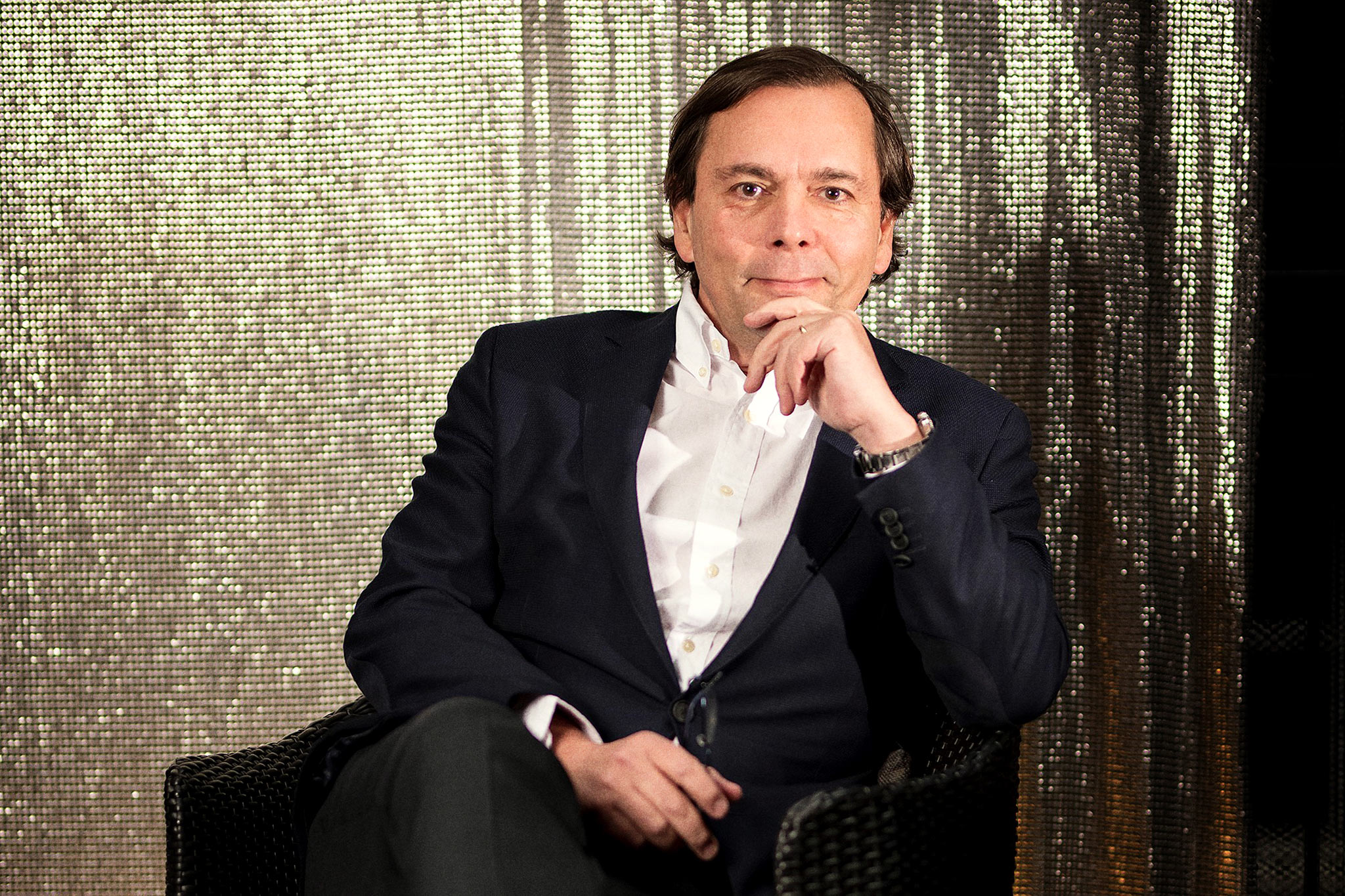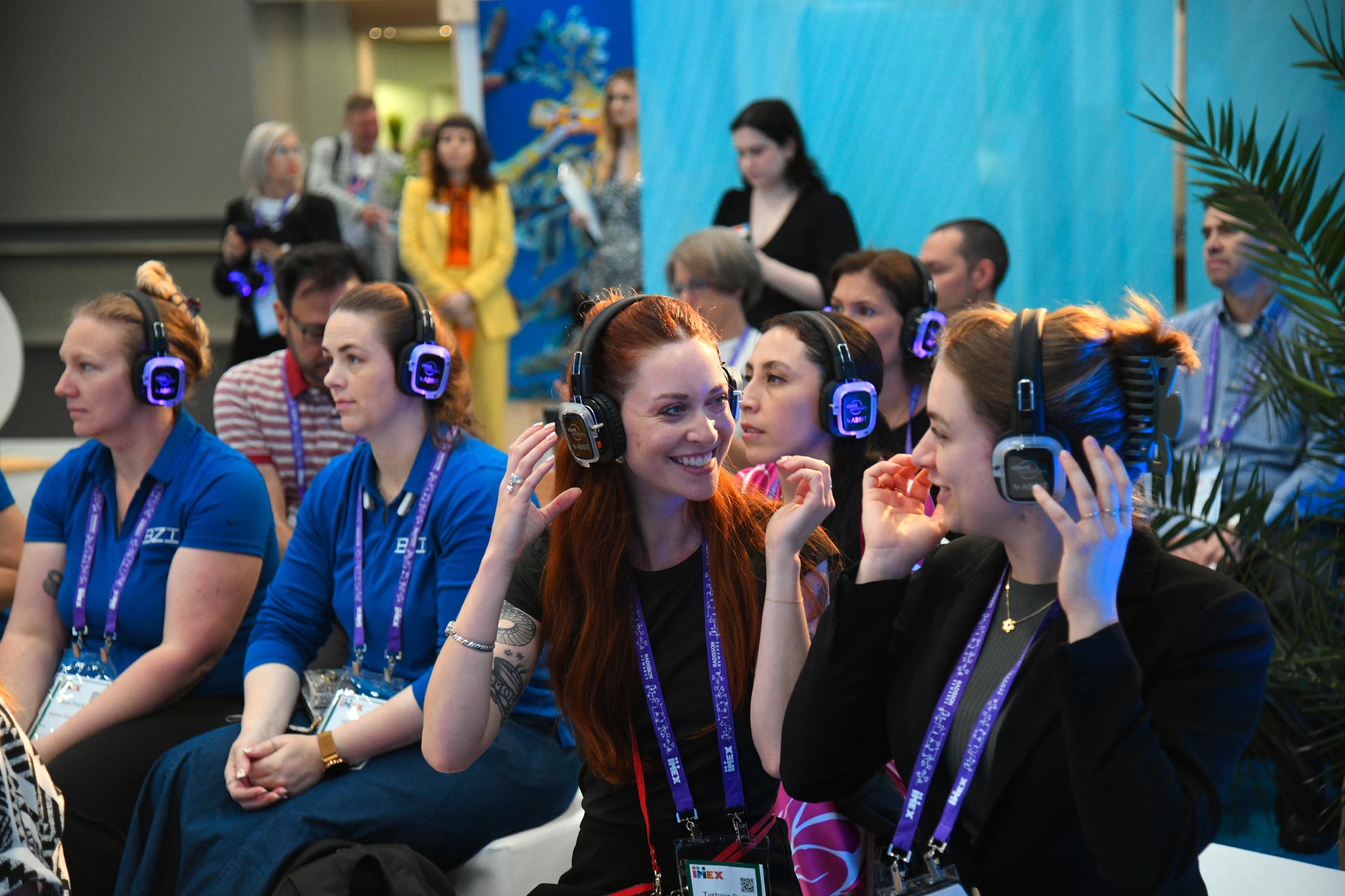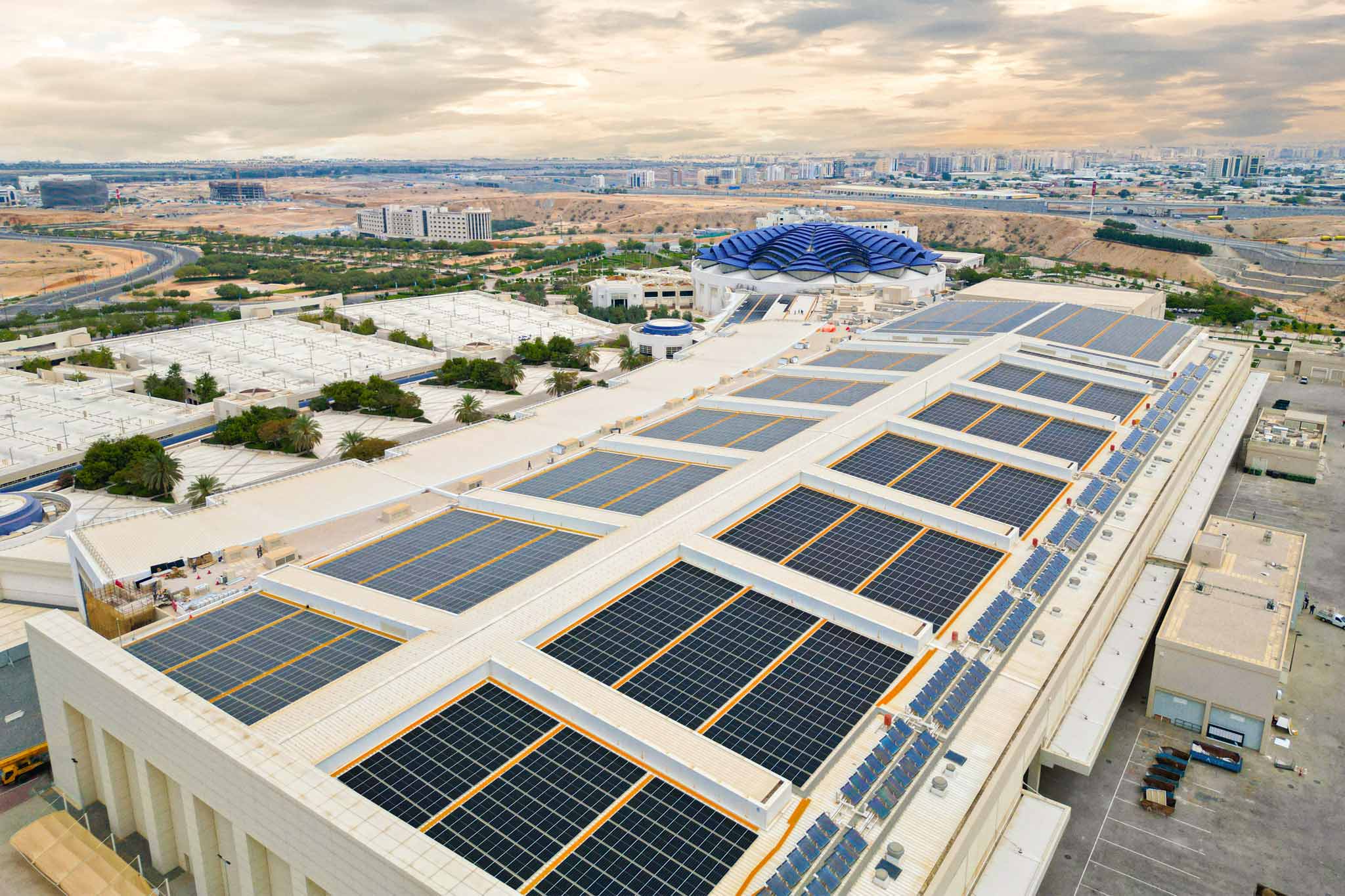As chair of the global steering committee of the Radisson Hotel Group, which includes over a thousand hotels worldwide, Federico J González must have his hands full, especially at this time when the hospitality industry is in the doldrums globally. The marketer and author, who’s the President and CEO of Radisson Hospitality, tells us more about how hotels will change permanently.
What is your forecast for the hotel economy and your group as a whole?
“I believe that hotel operations will change permanently. We have all had to adapt and act together as a global community for the health and safety of our neighbours, families and friends. Operations have and will continue to change as we continue to apply the Radisson Hotels Safety Protocol and recommendations of the World Health Organization and local health authorities. These will change hotel operations such as check-in, F&B outlets, gyms, spas and more concerning social distancing, maximum capacity for common spaces and increased disinfection and cleaning. There will be a heightened awareness around safety.
“That will be the most important deciding factor for travellers which needs to be at the front of mind operationally. The Radisson Hotel Group is one of the largest hotel groups in the world. For us, it’s imperative to ensure a common high standard of hygiene, safety and sanitation that is standardised and implemented across the globe and validated by a third-party like SGS (global inspection, verification, testing and certification company).”
What about the tourism industry in general and the new thinking that will revive it?
“There are so many countries, companies and airlines that rely on travel, tourism and the hospitality industry. Many airlines and hotels are encouraging guests to start travelling again to reignite the travel industry and its future recovery. There is a strong appetite for travel, and it’s great to see hotels reopen and people travelling again.
“Looking ahead, health and safety will continue to be the most important deciding factor when booking a holiday. We are seeing people take smaller trips where they can get in their car, a train or a plane for a short journey. They want to ensure they will feel safe before getting on a long-haul flight. Given the economic climate post-Covid-19, many people may not be able to travel as much, which means they will either look to take smaller mini-breaks, invest in one holiday or spend the time discovering their own country.
“The pandemic has accelerated the adoption of technology within businesses, small or large, and we all had to learn how to work from home full-time from one day to the other, so I believe the way people meet will also change. There will always be a need for physical meetings and interactions. Still, business meetings might move to a more hybrid set-up, maybe with smaller teams getting together in one location and connecting with the others via videoconference.”
What are the opportunities/trends coming out of this crisis?
“Our whole world has been greatly impacted and the expansive global scale of Covid-19 is unprecedented. We have seen positive news coming from Asia and Europe with the reopening of some of our hotels and we will see further hotels start to open up as restrictions are lifted.
“I feel there is a real opportunity for brands to stand by and clearly communicate their brand values and positioning to consumers. Consumers need to believe in your brand, in your health and safety commitment and that you will deliver on your promises.”
What is your strategy for ‘doomsday’ should the worst happen?
“Before Covid-19, we had a strong crisis management process and flexible cost model in place. Of course, no one could have predicted the global scale of this pandemic and the daily changes to our business, the world and life. With our global scale of over 1,100 hotels in operation and another 300 in the pipeline across the world, we had a global macro viewpoint of the pandemic and the different responses. We also have the full support of our shareholders for any financial needs until the expected end of the crisis.”
What lessons do you think are there in it for all of us?
“Covid-19 has brought out the best in many people around the world. It has been uplifting to see communities come together in support of key workers and medical professionals, rallying around each other. We have seen this, especially in the hospitality industry, which has been one of the most affected.
“I hope that we don’t forget this remarkable resilience, commitment, integrity and, most importantly, kindness and generosity towards the local communities where we operate and live in.”
Written by Busi Lethole, Forbes Africa



